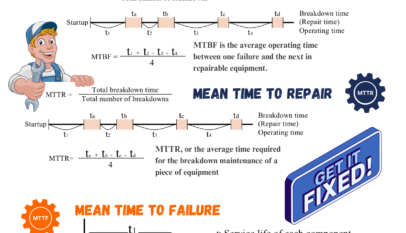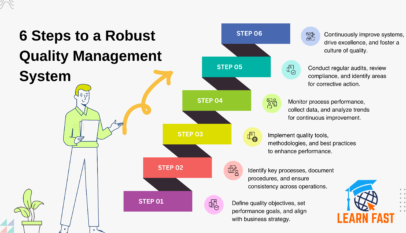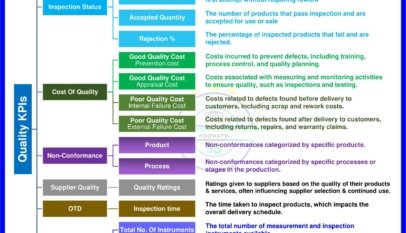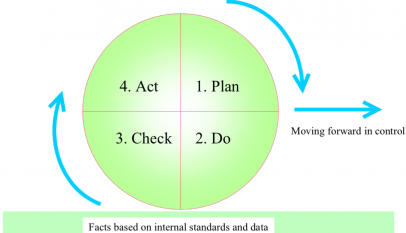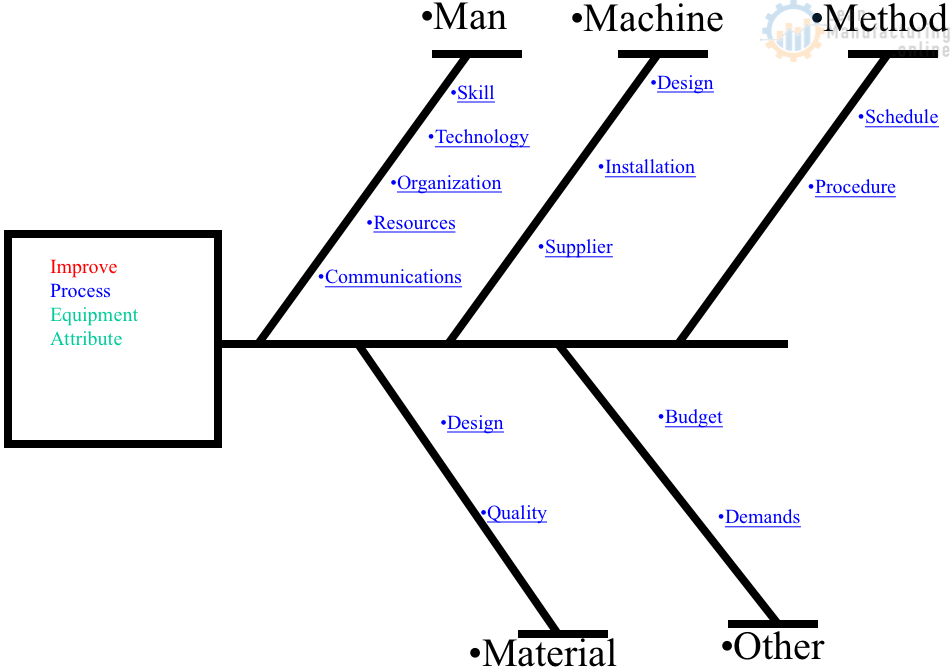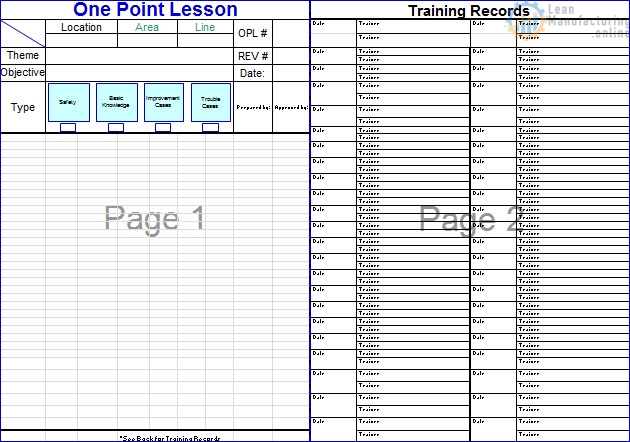Supplier quality management refers to ensuring that the goods and services suppliers supply satisfy the necessary quality standards. Reduced product failure risk, increased overall product and service quality, and lower quality-related costs are the three main goals of supplier quality management.
Some of the main factors of a supplier quality management program are described below:
- Supplier selection: Supplier selection entails examining suppliers who can satisfy the organization’s quality, delivery, and pricing needs.
- Supplier qualification: It requires confirming that the supplier has the skills, resources, and infrastructure to meet the organization’s quality standards.
- Supplier improvement entails continuously working with suppliers to enhance their operations and goods. This can entail carrying out process improvement efforts and offering training and assistance.
- Supplier monitoring: Monitoring the supplier’s performance is necessary to ensure they continue to achieve the required quality requirements. Regular audits, inspections, and testing of the supplier’s goods and operations may fall under this category.
- Supplier performance evaluation: This entails monitoring the supplier’s progress and deciding whether to keep working with them or part ways depending on their capacity to achieve the organization’s quality standards.
Supplier quality is an essential component of a company’s quality management system. It ensures that the goods and services suppliers supply are up to par with quality standards and assists the business in succeeding.

